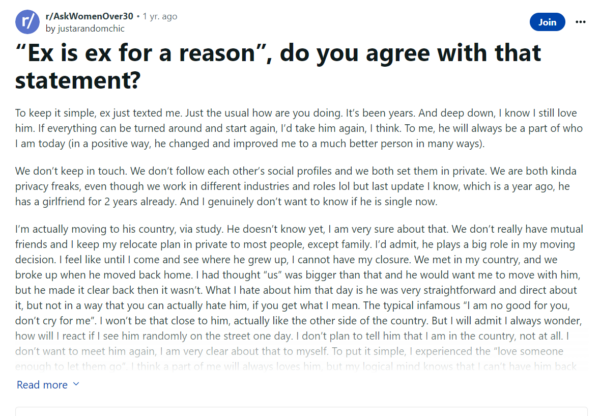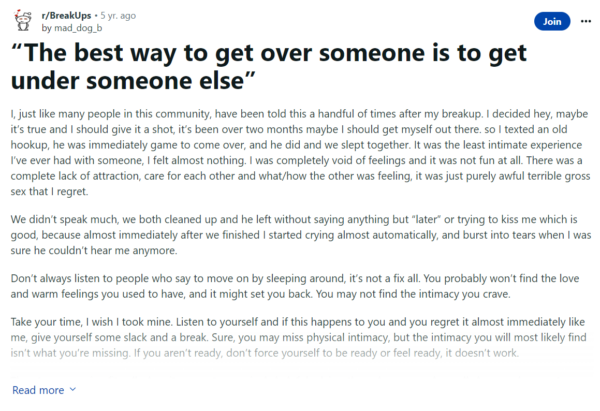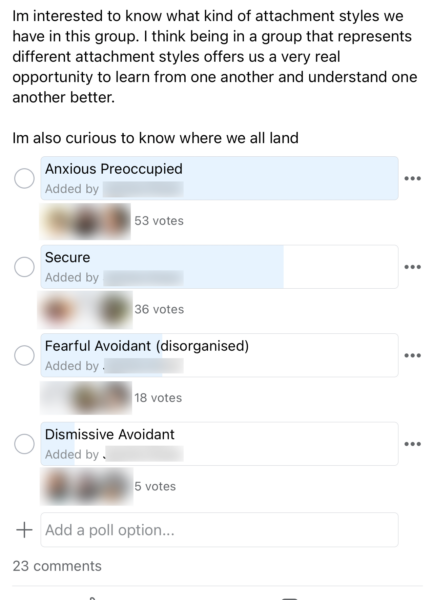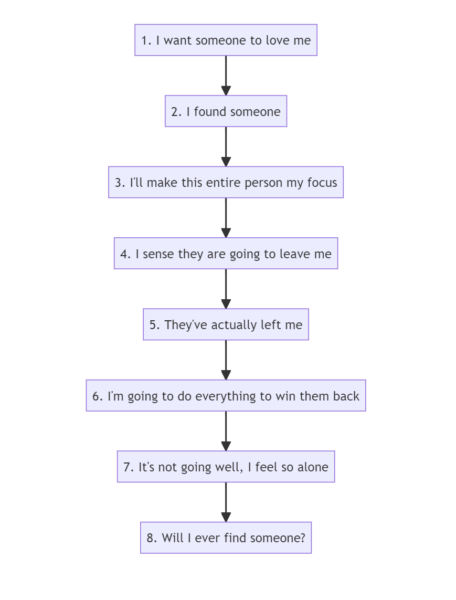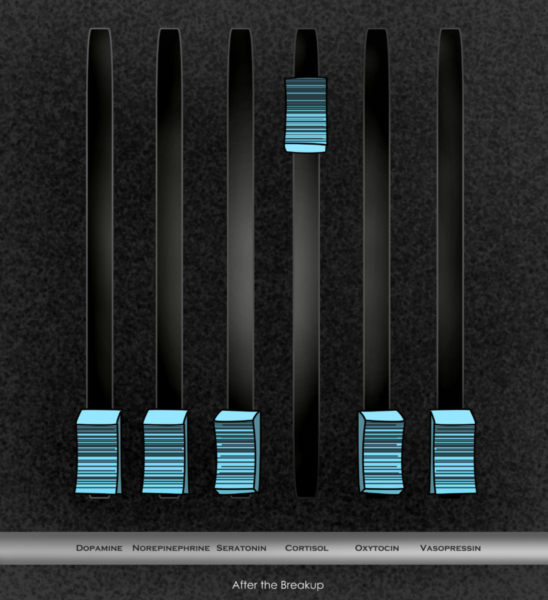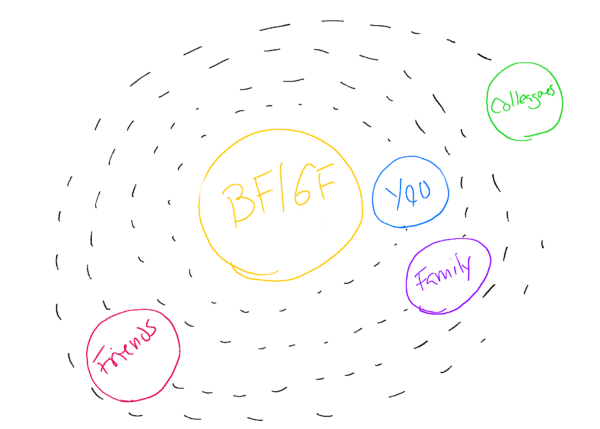There’s this common thought out there that it’s not ok to still have feelings for your ex after a breakup. It’s almost as if people think that we are “light switches” that can turn our feelings off at the drop of a hat.
That’s not true.
In fact, I would say, that for the average person going through a breakup they are still going to have feelings for their ex AND THAT IS OK!
There’s literally nothing wrong with that and in this discussion today I’m going to prove it by taking on,
- Societal expectations
- Helping to show you the complexity of human emotions
- The role memory plays into this
- The role nostalgia plays into this
- Why it’s ok to still be “in love” after a breakup
- And how you can learn from the experience
There’s a lot to talk about today so let’s dive right in!

What Are Your Chances of Getting Your Ex Boyfriend Back?
Take the quizThe Societal Expectation:
I’ve always been a little confused about how society expects the aftermath of a breakup to go.
To illustrate this point, I actually went to Reddit to kind of show you what the average consensus is from society when it comes to breakups. So, take a look at this:
Someone is asking a subreddit about the following statement: “an ex is an ex for a reason,” do you agree with that?
Of course, hundreds of people respond with varying degrees of agreement or disagreement, but the mere fact that this thought exists tells us that one of the major beliefs in society is that you need to move on from your breakup.
To a certain extent, I agree, but I don’t think it’s as black and white as “an ex is an ex for a reason” and that if you ever get back together, it’s not going to work out.
I have witnessed multiple cases where that’s not true, and I think that demonstrates the complexity of the situation. Trying to paint breakups as a simple black-and-white scenario is simply false.
Another common sentiment that I often see, which was also found on Reddit, is the idea that the best way to get over someone is to get under someone else.
But I believe the issue with both of these sentiments is that they fail to take into account that human beings are complex individuals with intricate motivations.
We aren’t light switches who can just turn our emotions off, and I think many people assume they are like that and perhaps harbor these thoughts until they themselves find themselves in a situation where someone they’ve deeply loved has either broken up with them or they’ve had to end the relationship with that person. When the shoe is on the other foot, the entire scenario is completely different.
In fact, I would assert that it’s actually quite normal to go through this. It’s normal to have feelings for an ex, and it’s okay. It’s literally par for the course, and I think, in order to help us grasp why it’s normal, we need to genuinely understand the complexity of human emotions.
The Complexity of Human Emotions
I kind of hinted at this above where I was discussing how human beings are these complex entities with intricate motivations, and how we aren’t just light switches that can be turned on and off at will.
I’ve conducted extensive research on our client base, and I truly appreciate my clients, but one of the alarming trends we’ve noticed is that many of them exhibit what is known as an anxious attachment style.
Now, there’s nothing inherently wrong with having an anxious attachment style, but it is considered to be a form of insecure attachment.
To describe an anxious attachment style to someone unfamiliar with attachment theory, it’s best to break it down to its core wound. For individuals with an anxious attachment style, the core wound is a pervasive fear of abandonment.
This fear manifests as:
- A constant state of apprehension about being abandoned in relationships
- Leading them to continually seek reassurance and
- Unfortunately, sometimes pester their partners to the point of aggravation
- Which potentially culminates in a breakup.
To illustrate the typical process for our average client, I’ve conceptualized something I refer to as the “anxious death wheel.”
I named it the death wheel because it seems like a relentless cycle that many of our clients find themselves unable to escape from.

What Are Your Chances of Getting Your Ex Boyfriend Back?
Take the quizThey seem to jump from one relationship to the next, repeating the same behaviors without realizing the pattern.
This cycle essentially consists of eight stages:
- Starting with the desire for love
- Finding someone
- Making that person the focal point of their existence (not necessarily in a fully codependent manner but in a way driven by the fear of making mistakes),
- Gradually becoming aware of their partner’s growing distance
- Facing the actual breakup
- Frantically attempting to win the partner back
- Experiencing loneliness and depression when efforts fail
- And then inevitably starting the cycle anew, either with the same partner (if reconciliation occurs) or someone else.
This cycle is often characteristic of individuals in codependent relationships.
It’s All About The Cortisol
There’s also the aspect of neurochemicals to consider here.
One of the reasons I believe it’s completely normal to still harbor feelings for your ex after a breakup lies in the role cortisol plays during this period.
It’s crucial to note that cortisol, also known as the stress hormone, spikes drastically when you undergo a breakup, instigating a heightened stress response in many individuals.
This phenomenon is particularly fascinating because, when in this state of stress, people often seek ways to alleviate it, inadvertently steering back into the cycle described in the “anxious attachment death wheel”.
Stage six of this cycle – the desperate attempt to win the ex back – usually coincides with the peak of cortisol activity.
This hormone aggravates stress levels, compelling individuals to find a solution – often perceived as reconciliation to cease the distress.
Unfortunately, when reconciliation fails, it merely sustains the elevated cortisol levels.
Various studies suggest that exiting this prolonged state of heightened cortisol can take up to six months, during which it gradually returns to baseline levels.
This scientific insight adds another layer to understanding why retaining feelings for an ex is not only normal but expected.
Understanding Emotional Memory
Emotional memory refers to the way our brain encodes and stores memories that have significant emotional components. Emotional experiences, whether positive or negative, tend to be remembered more vividly and for a more extended period compared to neutral experiences.
This phenomenon is often due to the amygdala, a part of the brain that is heavily involved in emotion processing, which interacts with memory storage processes in regions such as the hippocampus. (Source)
In the context of relationships, it means that emotionally charged moments with an ex-partner, like anniversaries, arguments, or special experiences, can be imprinted deeply in one’s memory. These memories may resurface time and again, sometimes triggered by specific cues such as places, smells, or sounds that were significant in the relationship.
Nostalgia and Its Role In Lingering Feelings
Nostalgia is a sentimental longing for the past, characterized by a mixture of both happy and sad emotions. It is a universal experience, and it involves revisiting past memories with a sense of longing or affection. When it comes to relationships, individuals might find themselves reminiscing about the good times they shared with their ex, even if they acknowledge that the relationship had to end.
Nostalgia can play a critical role in why individuals might still harbor feelings for their ex. The act of reminiscing can sometimes gloss over the negative aspects of the relationship, focusing instead on the happy and fulfilling moments. This form of selective memory can make it challenging to let go entirely, fostering lingering feelings for the ex-partner.
Furthermore, nostalgia can serve as a coping mechanism, helping individuals deal with feelings of loss and grief that often accompany breakups. It can provide comfort, allowing individuals to revisit moments of love and connection, albeit in memory.
The Dual-Edge of Emotional Memories and Nostalgia
While both emotional memory and nostalgia can contribute to lingering feelings for an ex, they are double-edged swords. On one side, they can foster personal growth, helping individuals learn from past experiences and develop a richer emotional landscape. On the other side, they can sometimes prevent individuals from fully moving on, trapping them in a cycle of longing and reminiscence.
Therefore, understanding and navigating these complex emotional processes is crucial for individuals grappling with feelings for their ex. It’s a personal journey of balancing the acknowledgment and cherishing of past memories while forging a path forward towards new experiences and connections.
Why it’s Okay
But now, let’s delve a bit deeper into why it’s perfectly okay.
We’ve established that harboring feelings for an ex is not out of the ordinary; in fact, it’s quite anticipatable.
It’s vital to acknowledge that everyone heals at their own pace.

What Are Your Chances of Getting Your Ex Boyfriend Back?
Take the quizWhile some manage to move on swiftly, aligning with societal expectations, most cannot, illustrating the diverse healing timelines people adhere to.
However, I strongly advise against succumbing to the pressured notion of a swift recovery from a breakup. More often than not, healing is a months-long process, fraught with struggles and setbacks, exacerbated by a persistent state of stress and self-blame.
Regrettably, we’ve observed over the years that individuals with an anxious attachment style most commonly experience codependent breakups, a pattern prevalent amongst our average clients.
Basically think of codependent relationships as one where you revolve around your ex. They are your entire life.
One of the unfortunate outcomes characterized by these types of relationships is unwarranted self-blame.
The societal narrative, which almost demands a rapid recovery from a breakup, only adds to the devastation. I’m here to affirm that there isn’t a prescribed timeline for moving past a breakup.
Your healing journey will differ significantly from your best friend’s or any average person’s because you are unique.
It’s utterly normal for feelings for your ex to linger post-breakup, and acknowledging this can potentially facilitate a smoother healing process, whether you wish to reunite or move on.
The pivotal aspect to remember is the necessity of healing, irrespective of the path you choose.
Learning And Growing From Breakups
Every relationship, irrespective of its ultimate outcome, can serve as a fertile ground for personal growth and learning. When we are involved with someone, we not only learn about their quirks, likes, and dislikes but also delve deeper into understanding our reactions, preferences, and patterns in a relationship setting. These learnings can be profound, teaching us about communication styles, conflict resolution strategies, and even our boundaries and values.
Past relationships often provide a mirror, reflecting aspects of ourselves that we might not have noticed otherwise. They allow us to witness our reactions to various situations, thus highlighting areas where we might want to develop or change. This iterative process of learning and evolving can potentially lead to more fulfilling relationships in the future, as we carry forward the wisdom accumulated from past experiences.
Reflective Practice: Unveiling the Potential Value
Reflecting on past relationships is not about fostering regrets or getting stuck in a loop of what could have been, but rather about understanding and assimilating the lessons embedded in those experiences. Taking time to reflect can have several benefits:
- Self-awareness: Reflection can enhance self-awareness by helping individuals identify patterns in their behavior and preferences, which might be playing out in their relationships.
- Conflict Resolution Skills: Analyzing conflicts and disagreements from past relationships can develop conflict resolution skills. Understanding what went wrong and how things could have been handled differently paves the way for healthier conflict management in future relationships.
- Emotional Resilience: Coming to terms with the end of a relationship and working through lingering feelings can build emotional resilience. It’s a journey of healing and rediscovering one’s strength and capacity to love and trust again.
- Clarifying Future Expectations: Reflecting on past relationships can help clarify what one seeks in future partnerships. It provides an opportunity to reassess and redefine the attributes and qualities that are important in a potential partner.
- Empathy and Understanding: Reflection can foster empathy and understanding, not only for oneself but also for the ex-partner. It promotes a more nuanced view of the relationship, acknowledging the complexities and the gray areas, thus moving away from a blame game to a more empathic stance.
